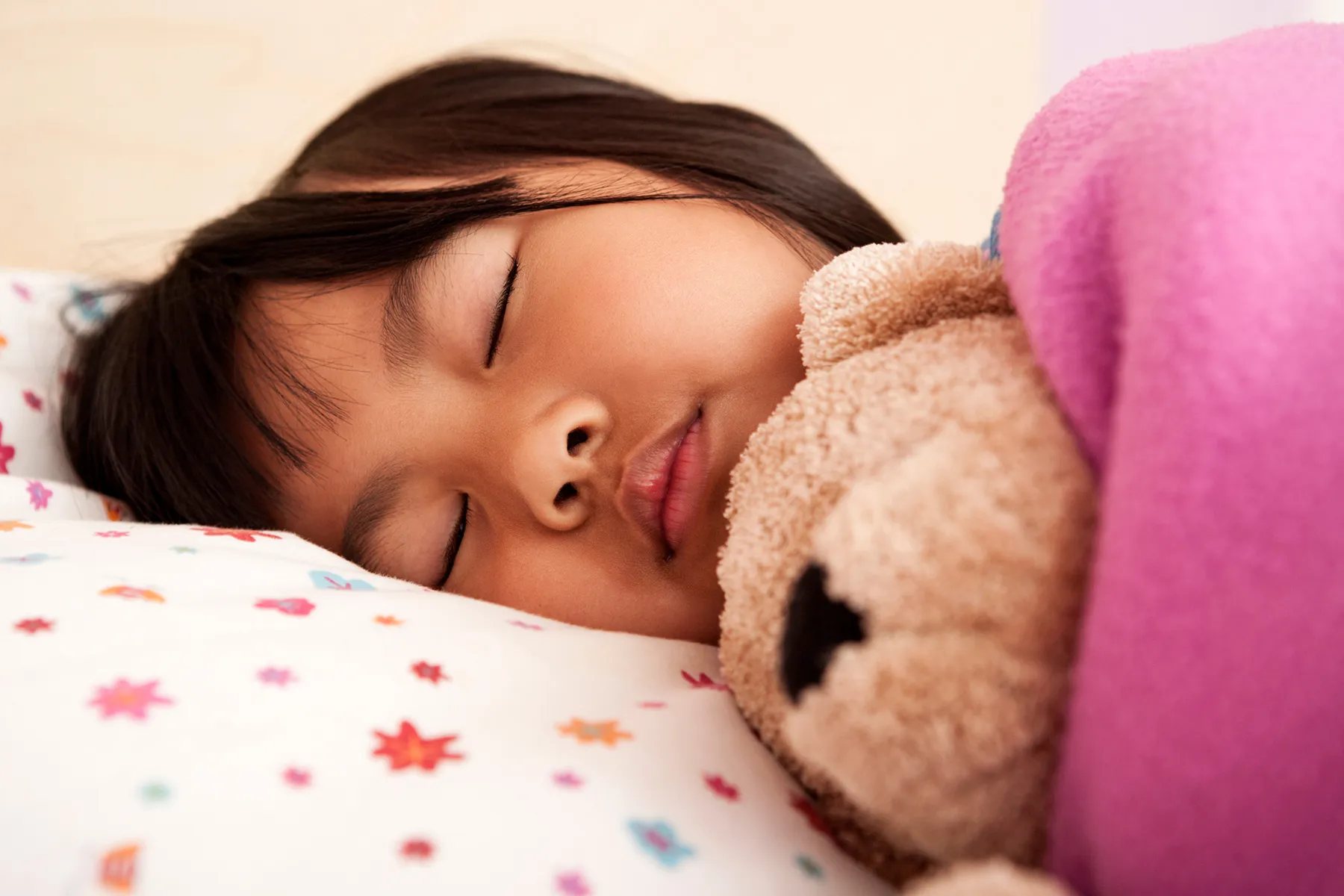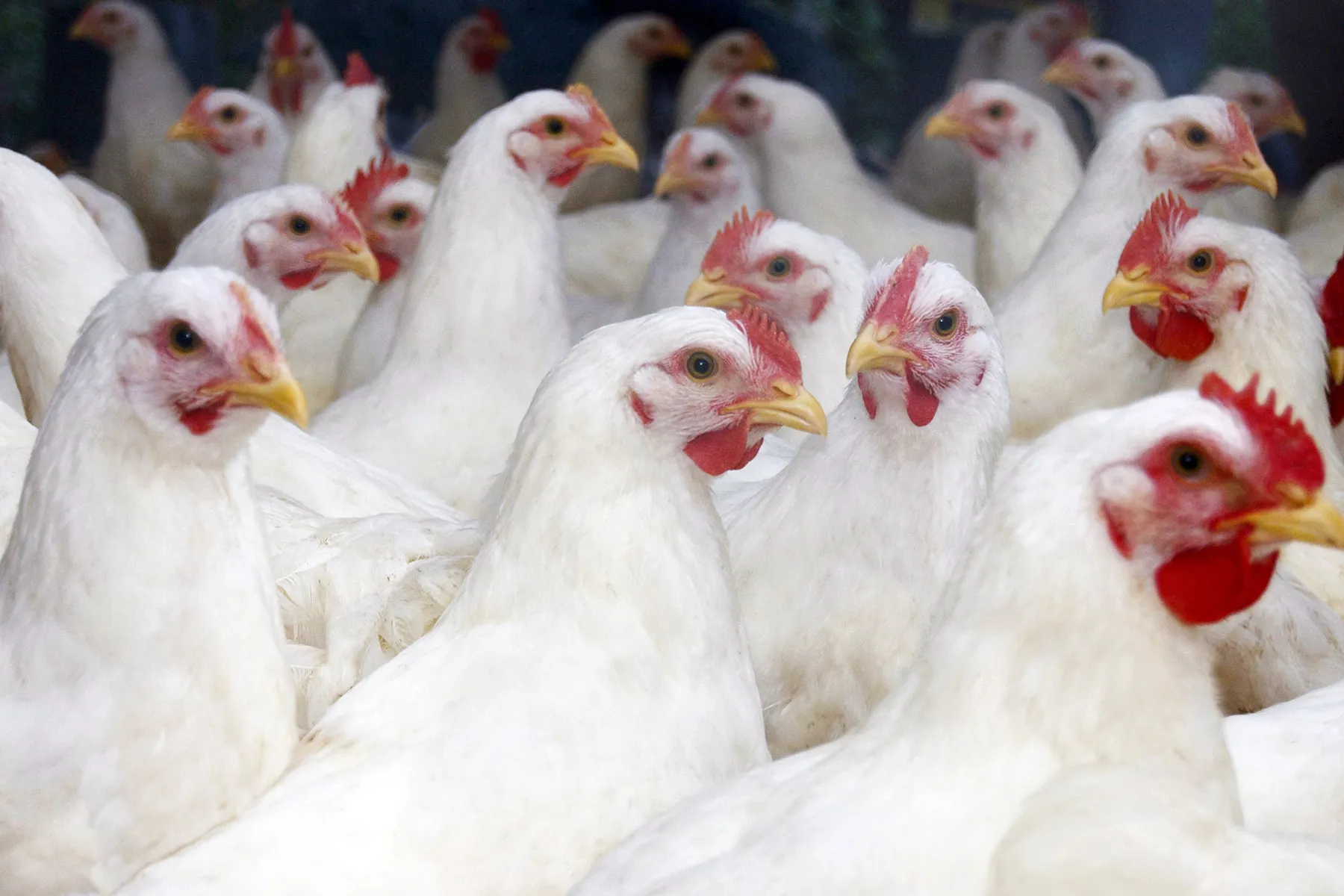
Melatonin use is skyrocketing, especially among children, leading to a spike in poison control center calls and emergency room visits.
Last year, poison control centers received 44,538 calls about melatonin ingestion in people 19 and younger – up from 8,258 in 2012, according to the America’s Poison Centers, which represents 55 centers across the U.S. Melatonin-related emergency room visits increased from 382 in 2009-2012 to 1,782 in 2017-2020.
“This is the bread and butter of poison centers: a lot of accidental ingestion in children, especially with melatonin,” says the organization’s Clinical Managing Director Kait Brown, PharmD, DABAT. “We see it every day, multiple times a day.”
The majority of cases – almost 85% of calls last year – involve children 5 or younger, says Brown, usually when they find their parents’ stash and mistake it for candy. Melatonin should be kept out of kids’ reach as it typically comes in tasty flavors, often in gummies that appeal to children, and does not always include a child-proof cap the way medicines do, Brown says.
A typical call to poison control comes shortly after a child ingests melatonin, says Brown, who previously worked the phones at the Utah Poison Control Center. Poison control will ask about the dosage and child’s symptoms and medical conditions, she says.
Drowsiness, the most common side effect, usually kicks in within an hour. Monitor the child’s breathing and tickle or poke them to ensure they aren’t overly sedated, Brown says. Especially with gummies, the child may have nausea and diarrhea, similar to when a child eats too much candy, she says. (Never force the child to vomit.)
Parents should call 911 if the child struggles to breathe or to wake up. Rare reactions, such as tremors or hallucinations, may also require a hospital visit, she says.
In the great majority of cases, the kids were fine and the cases could be managed at home, says Brown.
Yet that’s not always the case, according to the CDC report. Of the 260,435 child melatonin ingestions reported to poison control between 2012 and 2021, more than 4,000 required hospitalization and 287 children were sent to intensive care. Five children required ventilation and two died, the CDC reports. (There may have been other factors at work in those deaths, Brown notes, as the full medical records were not available.)
The most burdensome cases are when youngsters try to harm themselves, says Michael Toce, MD, an associate pediatric physician in the emergency medical division at Boston Children’s Health.
These cases require inpatient psychiatric hospitalization, and the patient can board for days in the emergency department waiting for a bed, Toce says.
Melatonin supplements are promoted as an affordable sleep aid and available over the counter in the U.S. (though many European countries require a prescription). Some studies suggest they help with sleep, but the evidence is not clear.
In addition, the FDA regulates dietary supplements including melatonin in a far less rigorous way than prescription and over-the-counter medications. No matter the bottle’s label, melatonin amounts can vary – from 83% to 478% of the advertised dose – according to a 2017 study in the Journal of Clinical Sleep Medicine, and some brands contain other substances, such as serotonin, a neurotransmitter that requires a prescription. (Parents should look for brands that are U.S. Pharmacopeia Verified, according to Harvard Health.)
There’s also some concern about the possibility of long-term hormonal effects on sexual maturation in developing adolescents, though studies are so far lacking. The CDC warns “more research is needed to describe the toxicity and outcomes associated with melatonin ingestions in children.”
Yet melatonin supplement sales almost tripled between 2016 and 2020 to reach $821 million, partially fueled by pandemic-related anxiety, experts say. A Sleep Foundation survey last year found more than 1 in 4 adults use it regularly, while The Journal of the American Medical Association reported this month that nearly 1 in 5 children ages 5 to 13 took the supplement in the last month.
It’s a question Michelle Caraballo, MD, addresses daily.
“[It] really depends on the kid and the specific situation,” says Caraballo, a pediatric pulmonologist and sleep medicine specialist at Children’s Health in Dallas.
There is some evidence that melatonin supplements may be useful in certain populations – including kids with attention deficit hyperactivity disorder or autism spectrum disorder, per the National Institutes of Health.
In 9 years as a sleep specialist, Caraballo has discontinued use in only two patients, she says: a teen who was having headaches and a child who was highly sensitive to melatonin and would sleep until noon the next day.
“I will concede I give it to my own kids sometimes,” she says.
As a rule of thumb, she does not recommend more than a milligram per year of age for her younger patients, and she never recommends more than 10 milligrams – though she has treated patients taking as many as 40 milligrams without perceivable side effects, she says.
Still, she believes that before parents consider melatonin, they should make sure their child is adhering to proper “sleep hygiene.” That means:
Strict bedtimes: A 7-day-a-week bedtime routine, no exceptions. Allowing kids to stay up 2 to 3 hours later on weekends is akin to jet lag from a coast-to-coast flight.
- Calming routine: Kids should wind down before bed, doing something calming, such as reading a book or taking a bath.
- Good sleeping spot: Keep the bedroom cool, dark, and quiet. (Blackout curtains can help during daylight saving time.)
- Digital-free zone: Don’t allow phones or TVs in the bedroom, as the blue light the devices emit can disrupt natural melatonin production.
- Diet and exercise: Avoid caffeine after lunch, as well as vigorous exercise 2 hours before bedtime. (And parents should avoid alcohol before bed.)
- No naps: Avoid naps once the child is older than 5.
- Banish pets from the bed: Studies show sleeping with animals can hamper sleep quality.
“Before I recommend medicine to anyone, I want to make sure good sleep hygiene is in place,” Caraballo says. “We usually can fix any problems with behavioral changes. Kids respond well to routine. The body does in general, but definitely kids.”






![What Is a Markup Language? [+ 7 Examples] What Is a Markup Language? [+ 7 Examples]](https://static.semrush.com/blog/uploads/media/82/c8/82c85ebca40c95d539cf4b766c9b98f8/markup-language-sm.png)